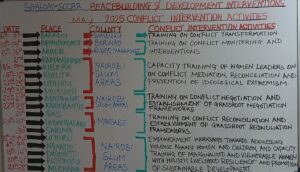Despite the harsh realities of COVID-19, 2021 saw Shalom-SCCRR engaging in the construction of classrooms in Kimkasa Primary School in Kuresoi “one of the most affected conflict areas in Nakuru County.” According to Judy Cherono, a parent; ‘‘the school was used as a ‘safe zone’ for displaced families that had their homes torched during the 2007/2008 post-election clashes. Learning was disrupted as both the teachers and the pupils could not access the school for its intended purpose.’’
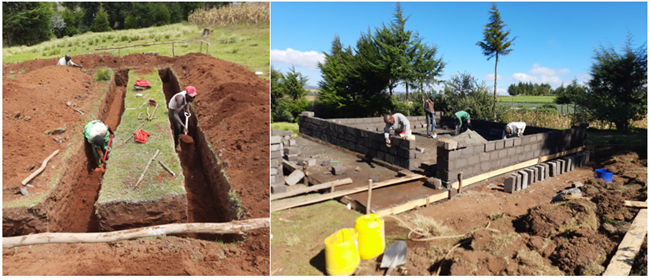
Politically instigated violence has had devastating effects on communities living in the cosmopolitan and populous Nakuru region of Kenya’s Rift Valley. Kuresoi sub-county has had to bear the worst brunt of this violence every time Kenya holds its elections and schools are often among the most affected institutions whenever conflict erupts. In the past ten years and in the evolution of Shalom-SCCRR’s interventions and methodology, School Education/Development projects have become central to transforming conflict environments; click here to see the results and achievements for 2010-2020: https://shalomconflictcenter.org/2010-2020-shalom-sccrr-results-and-achievements/

violence leading to destroyed and dilapidated school infrastructure while classrooms are rendered inaccessible as fleeing communities seek residence within schools for fear of attacks within villages
Perpetual Wanjiru, a native living in Kuresoi area noted that; ”experiences indicate that education systems and institutions in Kuresoi North sub-county face various exceptional challenges before, during, and after violent conflict. These adverse effects characterized by displacement, discrimination, violence including gender-based violence or exclusion have adversely disrupted education.”
Benson Oyaro, a teacher in Kuresoi Primary School further confirmed that; these disruptions have led to geographically widespread, complex, and nuanced effects on children’s physical, developmental, and mental health and wellbeing. Furthermore, the effects continue long after hostilities have ceased compromising children’s access to basic necessities, such as food, health care, and education.
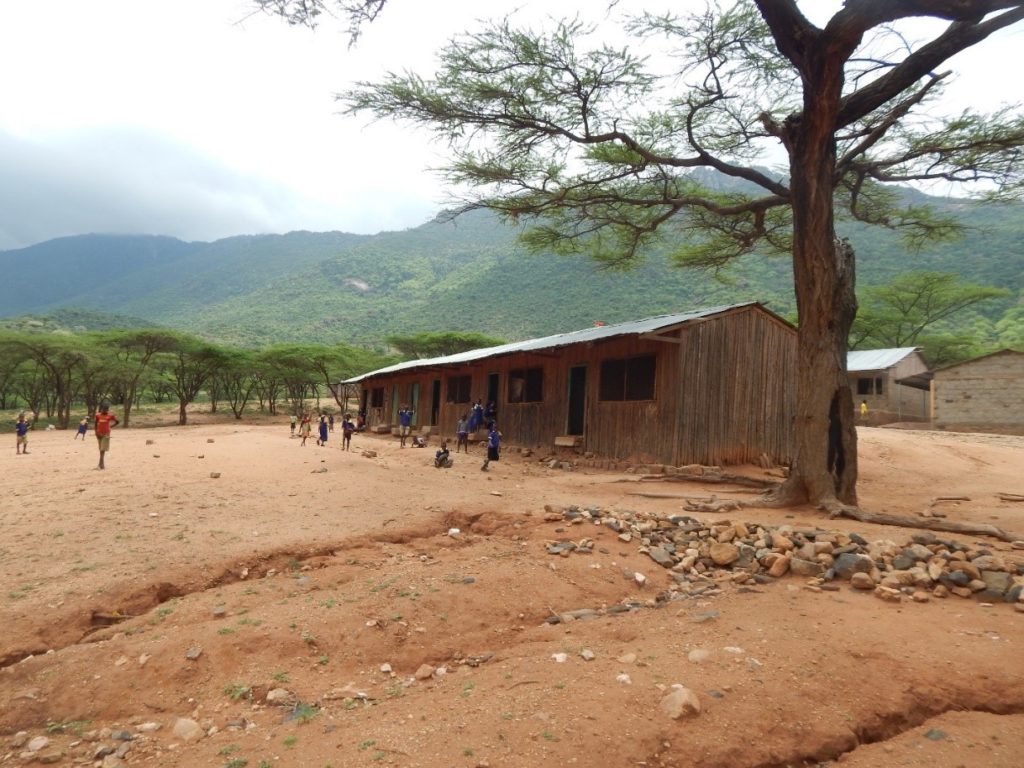
Since its inception, Shalom-SCCRR has embedded in its vision to promote peace education and development among school-going children and young people in interethnic and interreligious fragile and conflict-prone societies. Shalom-SCCRR believes that education is a significant contributor to peace that can support the transformation of the security situation, political institutions, economic regeneration, and social development in fragile societies.
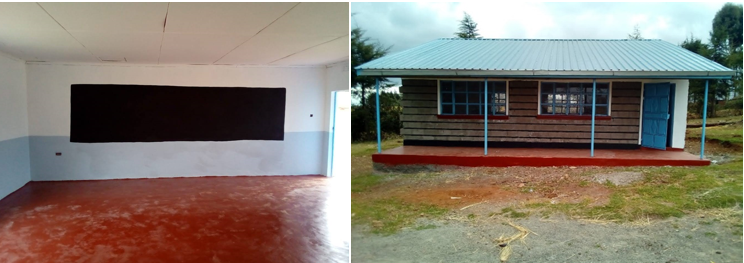
In their appreciation for the support they received from Shalom-SCCRR, the school headteacher, parents, and board of management observed the improvement in the learning environment by expressing the joy and emotional stability that they have noticed in the pupils who initially could only squeeze each other in one mud-walled and mud floor classroom in pursuit of a future that was persistently being strangled by the lack of this basic necessity; a classroom. The team also expressed the joy of the parents who had been relieved of the burden of traditionally repairing the classroom every rainy season.
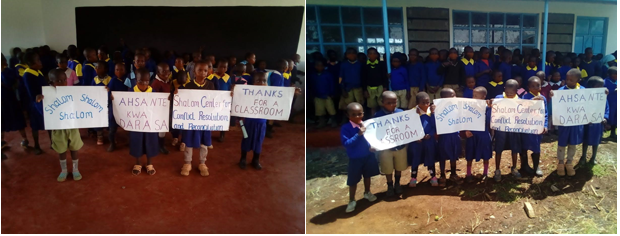
Shalom-SCCRR is committed to ensuring that children in conflict-prone societies benefit from a conflict-sensitive educational system where every child has the opportunity to enjoy safe learning and attain the capacity to be the architect of their interdependent future, hence contributing to a more integrated and resilient society.
Relevant Links:
BRIEFING PAPER NO. 10: AN ANALYSIS OF THE LAND AND BOUNDARY RELATED DISPUTES IN NAKURU COUNTY
Enhancing Peace Through Education and Development in Nakuru
https://shalomconflictcenter.org/conducting-an-evaluation-of-activities-in-nakuru-county/
By:
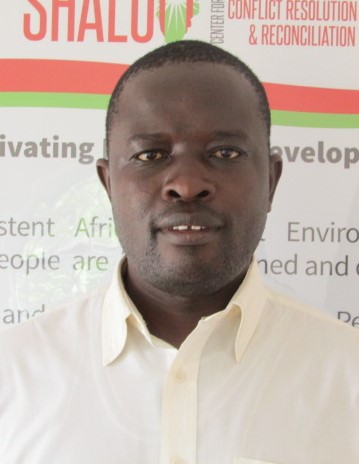
Arthur Magero MA, Shalom-SCCRR Project Officer, Nakuru & Kisumu Projects
&
SCCRR-Shalom Communications Department.
CONNECT WITH SHALOM-SCCRR

